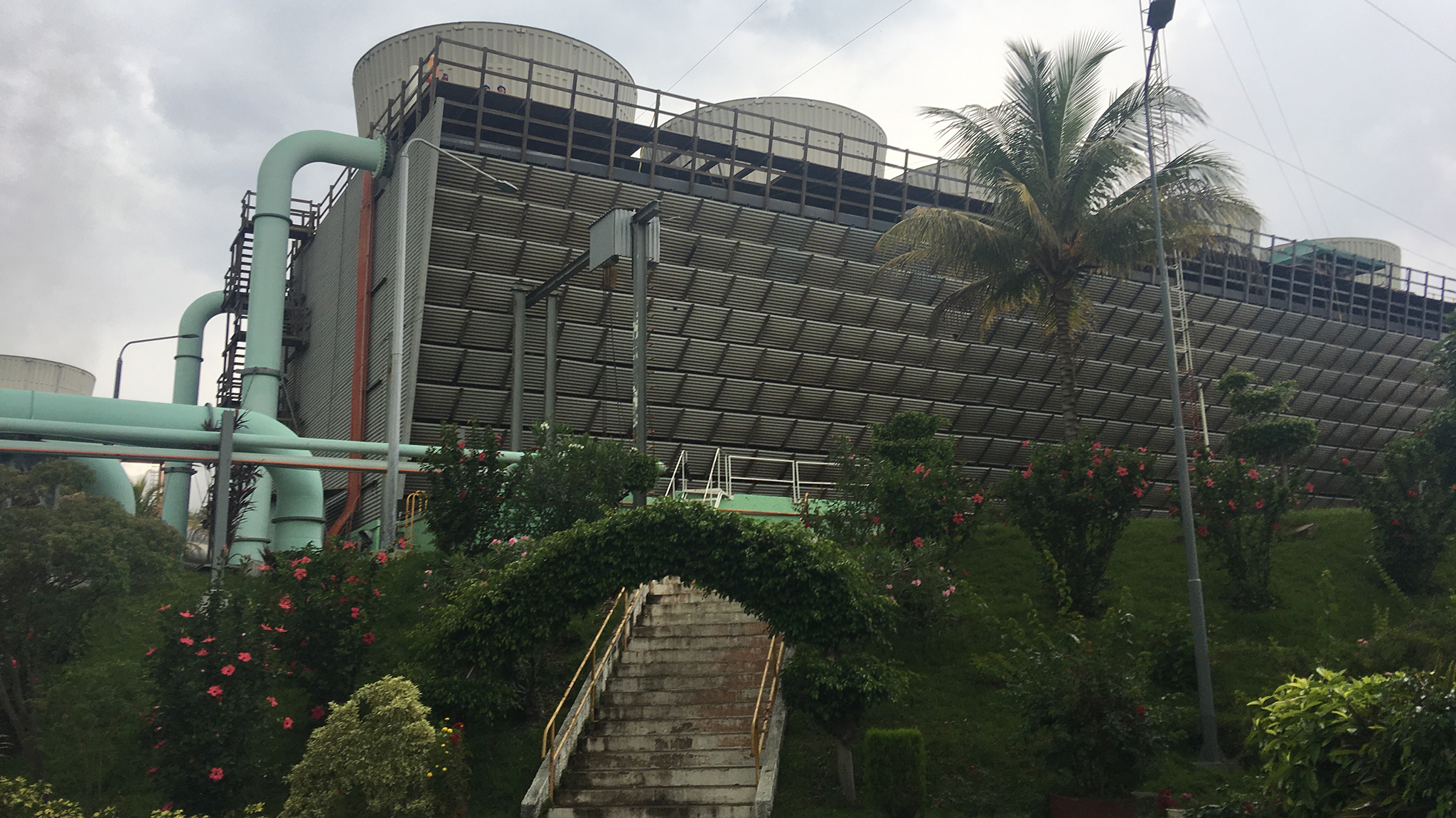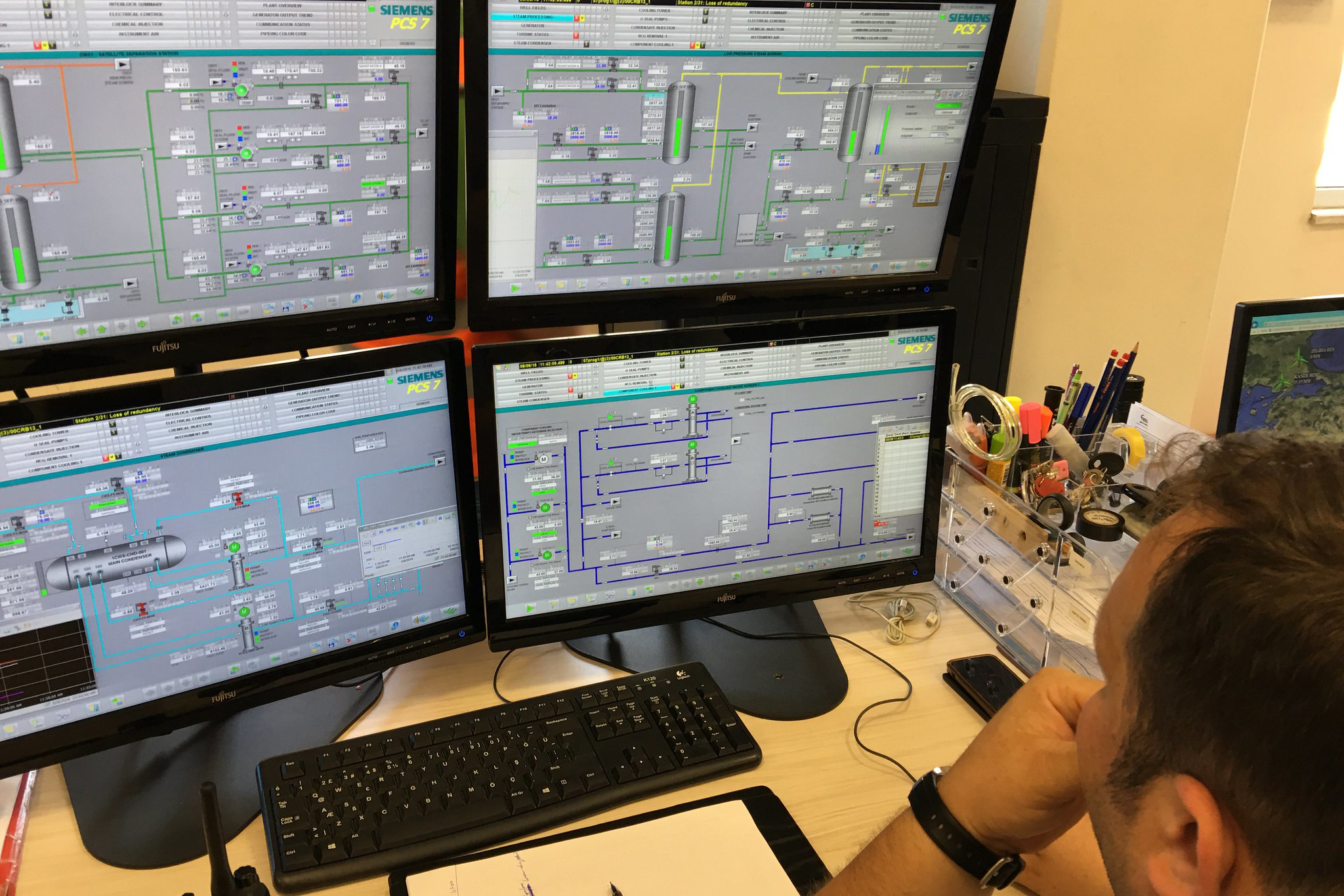
Geothermal energy is a clean and renewable energy source that has the potential to meet a significant portion of the world’s energy needs.
In Turkey, the geothermal potential is high due to the country’s location on the Mediterranean-Alpine geothermal belt.
Geothermal studies in Turkey started in the 1960s when the first geothermal well was drilled in the Kızıldere geothermal field.
Since then, Turkey has been conducting extensive research and exploration activities to assess the geothermal potential of the country.
The Turkish government has also been providing financial and technical support to promote geothermal development and utilization.
Turkey is the seventh largest geothermal energy producer in the world, with a total installed capacity of 1,800 MW.
The country has been actively exploring and developing its geothermal resources for over 50 years.
Studies
Geothermal Resource Assessment: One of the primary areas of study in the geothermal sector in Turkey is the assessment of geothermal resources. This involves the exploration and mapping of geothermal reservoirs, as well as the estimation of their potential for electricity generation and heating purposes.
Geothermal Power Plant Design and Optimization: Another important area of study in the geothermal sector is the design and optimization of geothermal power plants. This involves developing more efficient and cost-effective geothermal power plant technologies, as well as improving the performance of existing plants.
Direct Use of Geothermal Energy: There is growing interest in the direct use of geothermal energy for heating and cooling purposes, particularly in the form of district heating systems. Research in this area focuses on the design and optimization of such systems, as well as the development of regulations and policies to support their deployment.
Environmental Impact Studies: As with any energy source, geothermal energy can have environmental impacts. Therefore, there are ongoing studies in Turkey aimed at assessing the environmental impact of geothermal power plants and exploring ways to mitigate any negative effects.
Economics and Financing: Another important area of study in the geothermal sector in Turkey is the economics and financing of geothermal energy projects. This includes evaluating the costs and benefits of geothermal energy, as well as developing financing mechanisms to support the deployment of geothermal energy projects.

Significant Power of Turkey
Some of the key areas of research and study in the geothermal sector in Turkey include:
In Conclusion
Overall, there are a wide variety of ongoing geothermal studies in Turkey, reflecting the country’s commitment to developing its geothermal resources and transitioning to a more sustainable and renewable energy future. One of the main reasons why geothermal energy is attractive to Turkey is its ability to meet the country’s energy needs while reducing its dependence on fossil fuels.
Turkey has significant geothermal potential, with an estimated geothermal capacity of around 31,500 MW. This is equivalent to about 2.5 times the current electricity production capacity of the country.
Turkey’s geothermal potential is spread across different regions of the country, including the Marmara, Aegean, and Central Anatolian regions. The Marmara region, in particular, has the highest geothermal potential, with more than 50% of the country’s geothermal resources located in this region. The region is also home to some of the largest geothermal fields in Turkey, such as the Kızıldere, Germencik, and Salavatlı geothermal fields.
The geothermal potential of Turkey has been assessed through various geological, geophysical, and geochemical studies. These studies have provided valuable information on the location, size, and quality of geothermal reservoirs in the country. They have also helped to identify the best sites for geothermal power plant installations.
One of the challenges of geothermal development in Turkey is the high upfront capital costs of drilling and constructing power plants. To address this, the Turkish government has been providing various incentives to attract private sector investment in geothermal development. These incentives include feed-in tariffs, tax exemptions, and government guarantees for project financing.
In conclusion, geothermal studies in Turkey have been ongoing for over 50 years, and the country has significant geothermal potential that can meet a significant portion of its energy needs. Turkey has been actively exploring and developing its geothermal resources, with the government providing various incentives to promote private sector investment in geothermal development. As the country continues to develop its geothermal resources, it has the potential to become a major player in the global geothermal energy market.
Reinjection
helps to maintain the pressure level in the reservoir. Another important benefit of reinjection is by continuous flushing of the rock matrix by the cooled water, the recoverable energy from the reservoir substantially increases.
Geothermal power
plants largely release only excess steam, with most plants discharging no air or liquid. This makes geothermal power plants a clean source of electricity and an important contributor to the nation's zero-carbon future.
Geothermal energy
is considered one of the most efficient and sustainable types of energy because it's a clean, reliable, and renewable resource. It uses the heat inside the earth's surface to generate electricity and provide heating and cooling.
Geothermal sources
are a renewable energy and will never deplete. Abundant geothermal energy will be available for as long as the Earth exists. It is a renewable energy source from the heat generated by the earth's internal core and is available 7/24/365.
Low carbon energy families:
Geothermal has some of the most potential with the fewest drawbacks.
Solar panels are capable of generating power with zero emissions. The generated power can be used to feed your energy demand, perfectly replacing conventional energy needs with green energy. Every kilowatt of green energy can reduce your carbon footprint by 3,000 pounds annually.
Wind energy is a viable alternative of fossil fuels. It does not emit CO2 or other air pollutants. It runs virtually carbon free for its lifetime.

